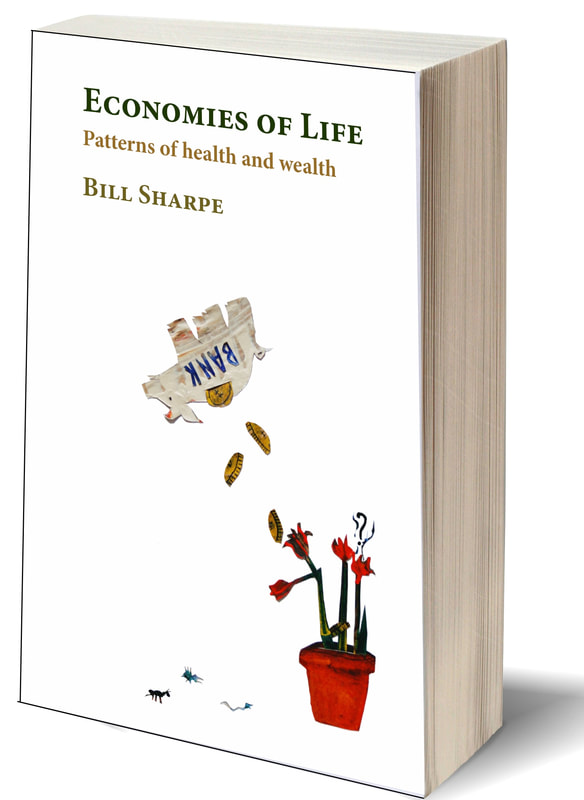|
Imprint: Triarchy Press
Published: 2010 Paperback List Price: £15.00 Format: Paperback Extent: 100pp. Size: 12.6 x 20.3 cm ISBN: 978-0-9562631-7-9 Buy the book
|
Economies of Life:
|
Read more:By the same author:Readership:Policy advisers, academics and anyone with an interest in arts and society and arts funding.
Related titles:All Intl. Futures Forum titles
See our other titles in: Managing Possible Futures Leadership, Innovation & Organisation Management People in Society Explore ...Key organisational theories
Complexity Thinking Cultural Theory Design and Systems Thinking Triarchy Theory |

